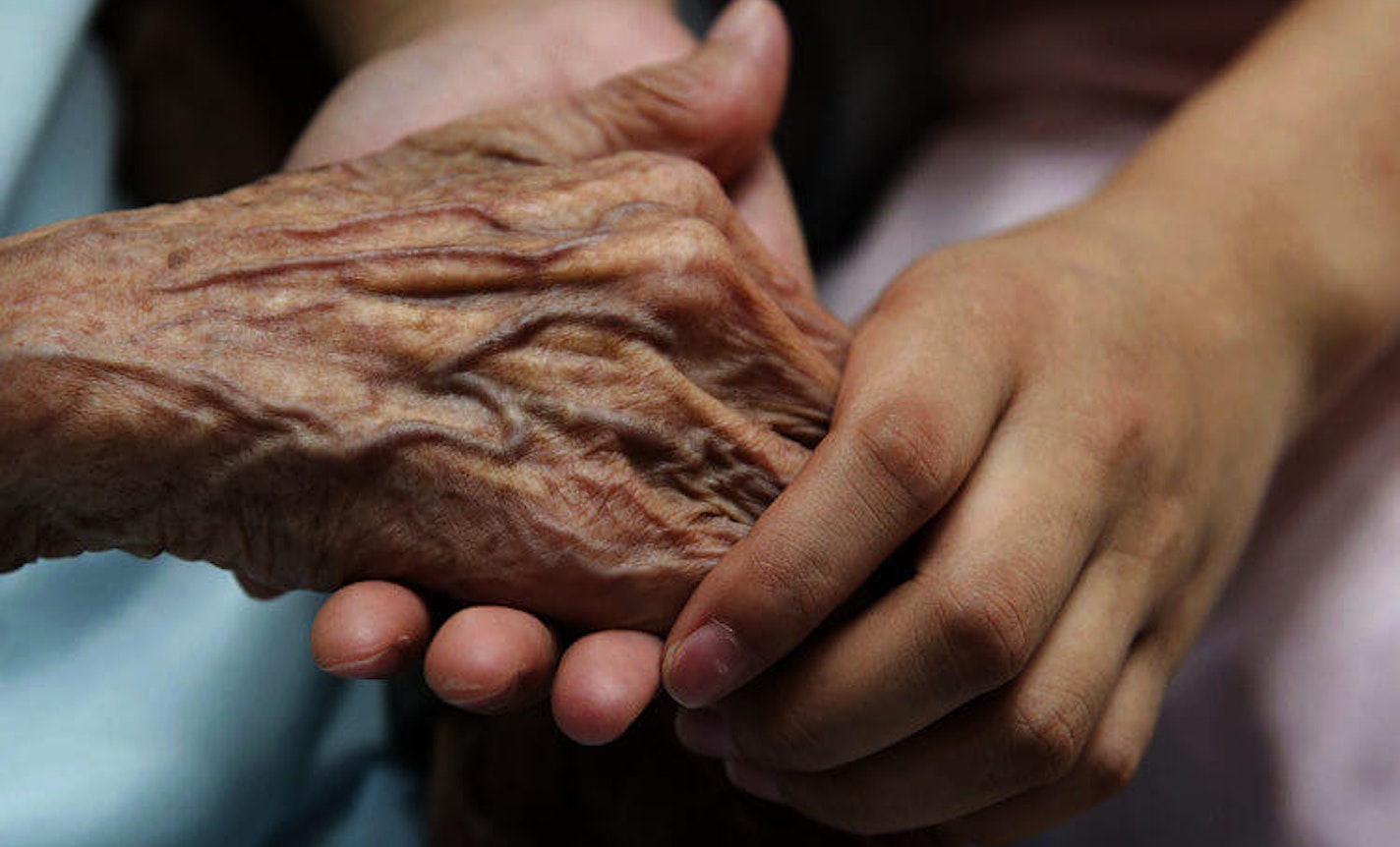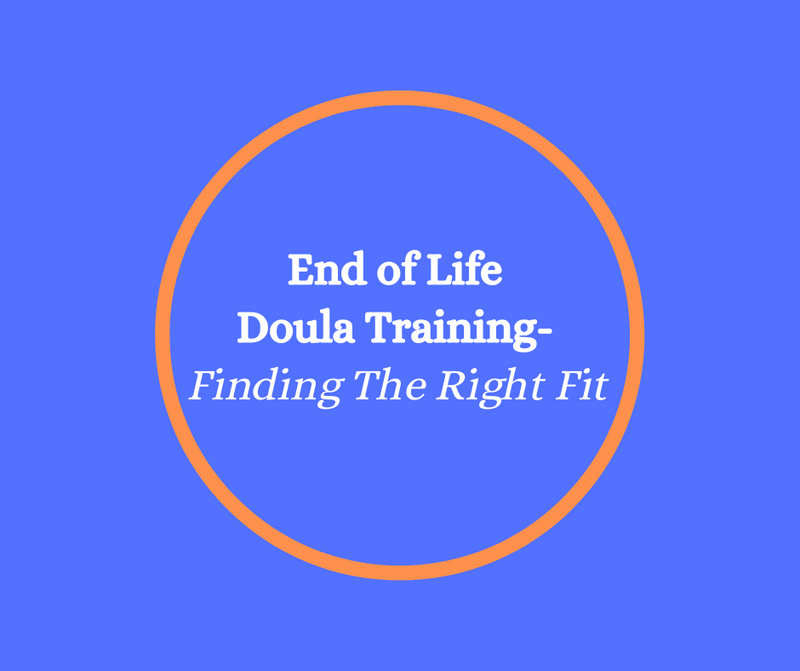
Image created by Armella Leung for Stat https://www.statnews.com/2016/04/07/death-doulas-end-of-life/
What is a Death Doula?
A death doula is a NON-MEDICAL support professional that provides holistic, physical, emotional, and spiritual care for the dying and their loved ones: before, during, and after death. A death doula also acts as a guide who supports families and their dying loved ones as they go through the death experience.
While the role has "unofficially" been around for thousands of years, it's a relatively new professional field, and has seen a rise in popularity (and media coverage) in the past few years, especially through the COVID-19 pandemic.
The role has been termed “the missing piece of the hospice mission… and a valuable supplement to end of life care" (Yoong, et al., 2022, p. 795 - see Reference tab).
Death doulas can go by a number of different names, some of which are:
-
End of Life Doula (EOLD), Death Doula, Dying Guide, Death Coach, Death-walker, Mourning Doula, DoulaGiver (Attributed to Suzanne O'Brien), Death Care Specialist, End of Life Specialist, Community Death Care Advocate, Death Midwife, Soul Midwife. Transition Doula, Thana-Doula, Eldercare Doula, Palliative Care Doula, Sacred Passage Doula
Death Doulas offer a number of different services and specialties, which are often dependent on several criteria: 1) the person(s) they are serving (the dying/ their loved ones/ the dying AND their loved ones) and 2) the individual stage of the dying process that the person(s) is in.
Generally the event of dying can be categorized in three phases. Care needs for the person(s) involved are different based upon each of these stages: pre-death, active dying, post-death.
Below are just SOME of the roles that a death doula can offer during each of these phases:
-
Pre-death:
- an advocate for the dying and educating on advance directives and other end-of-life documents
- a facilitator to assist with funeral planning
- a translator to help the family understand difficult medical language
- assisting the dying with legacy projects to help their loved ones cope after they have died
- act as additional eyes & ears to communicate with the Hospice team for the care needs of the dying and their loved ones
- a companion for hospital visits and for general listening
- a resource guide to offer assistance to families to locate help with meals, housekeeping, or assistance in creating a care-taking schedule for family members
- a calm & unbiased mediator to assist loved ones with any hard conversations that still need to be shared with the dying person before entering the active dying phase.
- a community educator, to teach at churches, community centers, senior centers etc... in the role of a death cafe coordinator, education on what death doulas can offer, how advanced directives can make death a much easier process, etc...
-
Active dying:
- an advocate for the dying and their wishes (sometimes loved ones do not want the same wishes as the dying, there must be an advocate for the dying person individually)
- companion & active listener
- sitting vigil (offering respite to allow loved ones to rest during the transition period of active dying)
- compassionate & calming presence (a death doula understands what's coming, and knows the physical signs of active dying, and they can reassure family members what's happening is normal and part of the dying process)
- a guide to help loved ones say goodbye to the dying
- a helper to provide practical support and non-medical comfort care such assistance with repositioning, changing bedsheets, and other comfort care measures etc..
- provide solace, spiritual support, gentle/compassionate touch, Reiki, meditation, aromatherapy, etc.. to the dying and their loved ones
-
Post-death:
- A coordinator/communicator between the funeral home and loved ones for services desired
- A resource person to help guide loved ones to community resources, care of the body (dependent on state/country laws)
- Assistant with after-death paperwork, meal train, be a voice for the loved ones and their families/friends as they plan arrangements
- Offer bereavement/grief/spiritual support as loved ones continue working through the journey of mourning and grief






